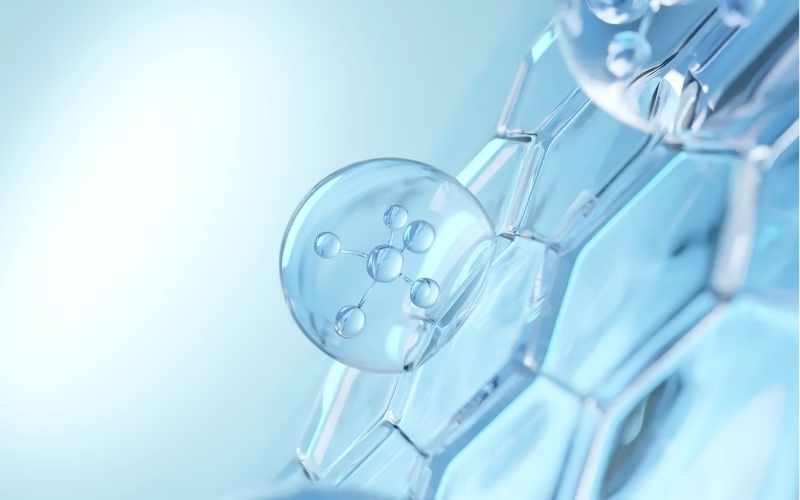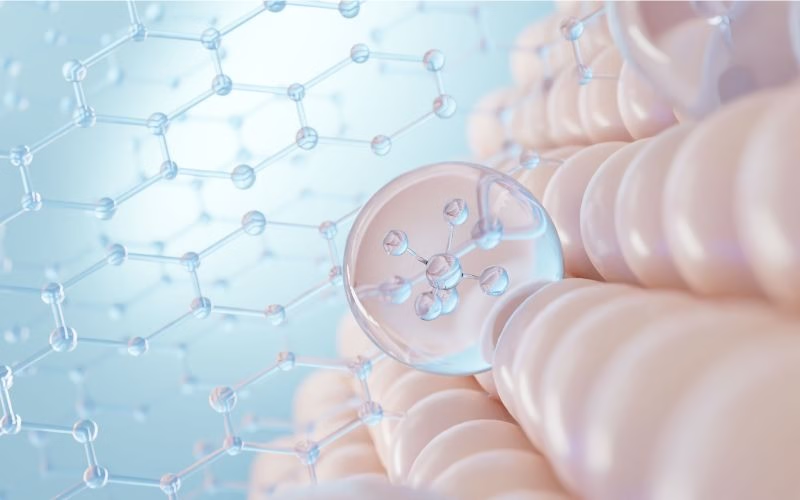More Than Skin-Deep: The Science Behind Joint-Specific, Type II Collagen

When you hear the word “collagen,” your mind probably goes straight to glowing skin, strong nails, and shiny hair. And you’d be right; collagen is the foundational protein for all of those.
But for all its fame in the beauty world, collagen’s most critical and powerful role is far more fundamental: it is the architect of your joints, the primary building block of cartilage and connective tissues that allow your body to move with ease.
This isn’t just any collagen, either. It’s a specific type—Type II—and it needs to be in a special form to be truly effective. Understanding the difference is the first step toward an intelligent approach to joint health.
The Blueprint: What Is Type II Collagen?
Collagen is the most abundant protein in the human body, but it comes in many types. While Type I collagen is the most common and is found in skin and bones, Type II collagen is almost exclusively found in your cartilage.
Think of your cartilage as the firm, flexible cushion that covers the ends of your bones. It allows them to glide smoothly against each other, absorbing shock and protecting them from friction. Type II collagen is the primary structural protein that gives this cartilage its strength and resilience. It is the very framework that holds your joints together.
The Hydrolyzed Advantage: The Key to Joint Collagen Absorption

For a protein to be useful to your body, it must be broken down into smaller, digestible pieces called peptides. This is where the term “hydrolyzed” comes in.
Hydrolyzation, or hydrolysis, is a process that uses water to break down large collagen molecules into smaller, more bioavailable peptides. This is a game-changer for supplementation. Without this process, your body would struggle to absorb and utilize the collagen, much like trying to build a house with bricks that are too big to carry.
Hydrolyzed type II collagen is essentially pre-digested, making it easy for your body to absorb the vital peptides and send them right to where they are needed most—your joints. What makes type II collagen so special is that it, in addition to being the basis of the structural material for your joints, consuming it also has an inherent inflammatory effect on the gut health too.
The Age-Related Decline of Your Cartilage
Just as with hyaluronic acid, your body’s natural production of collagen slows down with age. This is a natural part of life and is a key contributor to why joints can become stiff, sore, and less mobile over time. Your body is simply not producing enough of the raw materials it needs to maintain the health of your cartilage.
A Proactive Approach: The Role of Supplementation
There are actually 28 different kinds of collagen, but we mainly hear about collagen types I-V, with Type I and Type II comprising the majority of public interest for skincare and joint health applications.
By taking a high-quality, hydrolyzed Type II collagen supplement, you’re providing your body with the exact building blocks it needs to support joint health from the inside out. It’s a proactive, intelligent strategy that complements your lifestyle and helps you maintain your body’s natural resilience.
This is the very essence of a comprehensive joint supplement like Smartilage: providing the core foundational components, like hydrolyzed Type II collagen, that your body needs to not only rebuild but also to thrive for a lifetime of comfortable movement, while mitigating and reducing inflammation naturally.